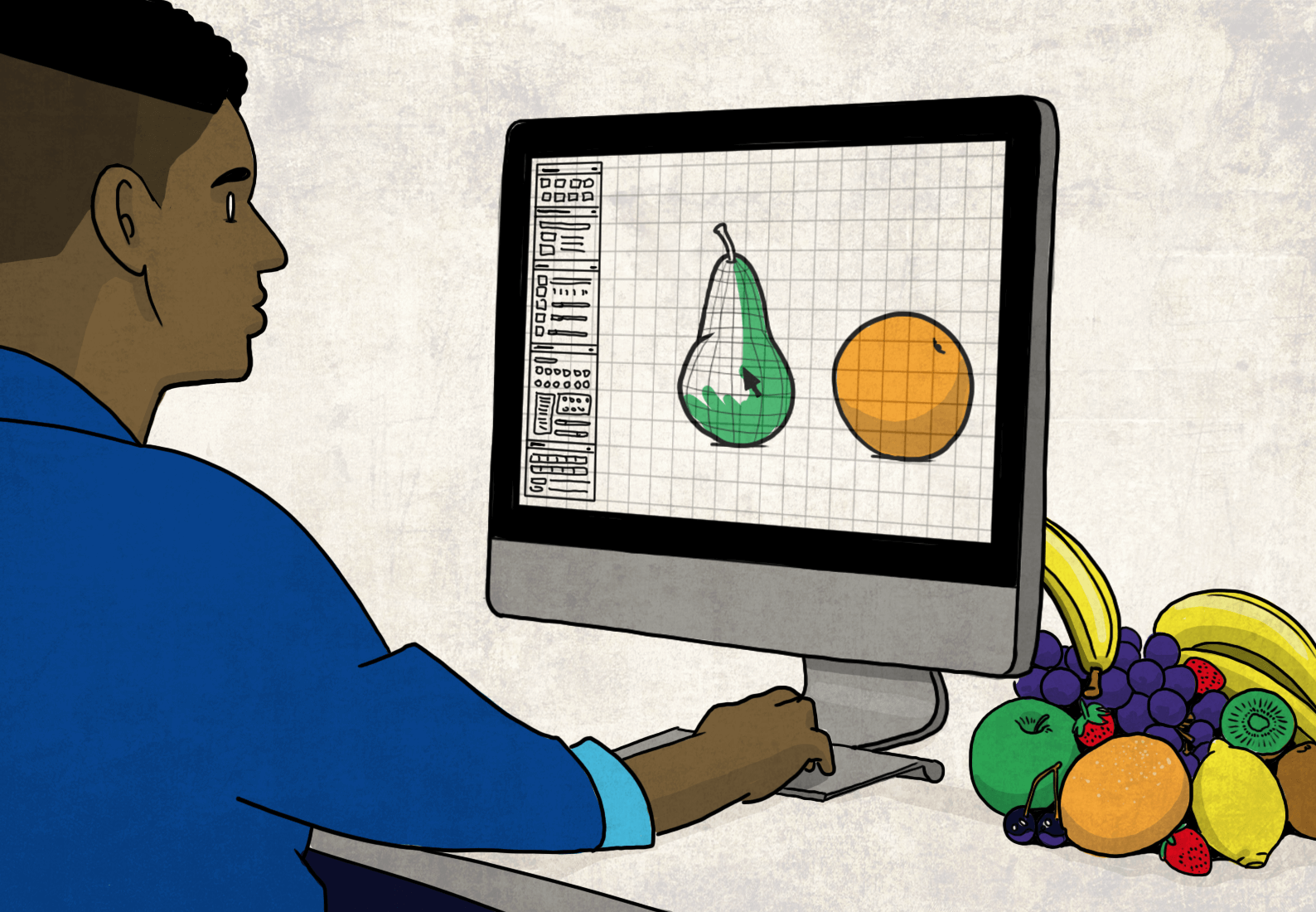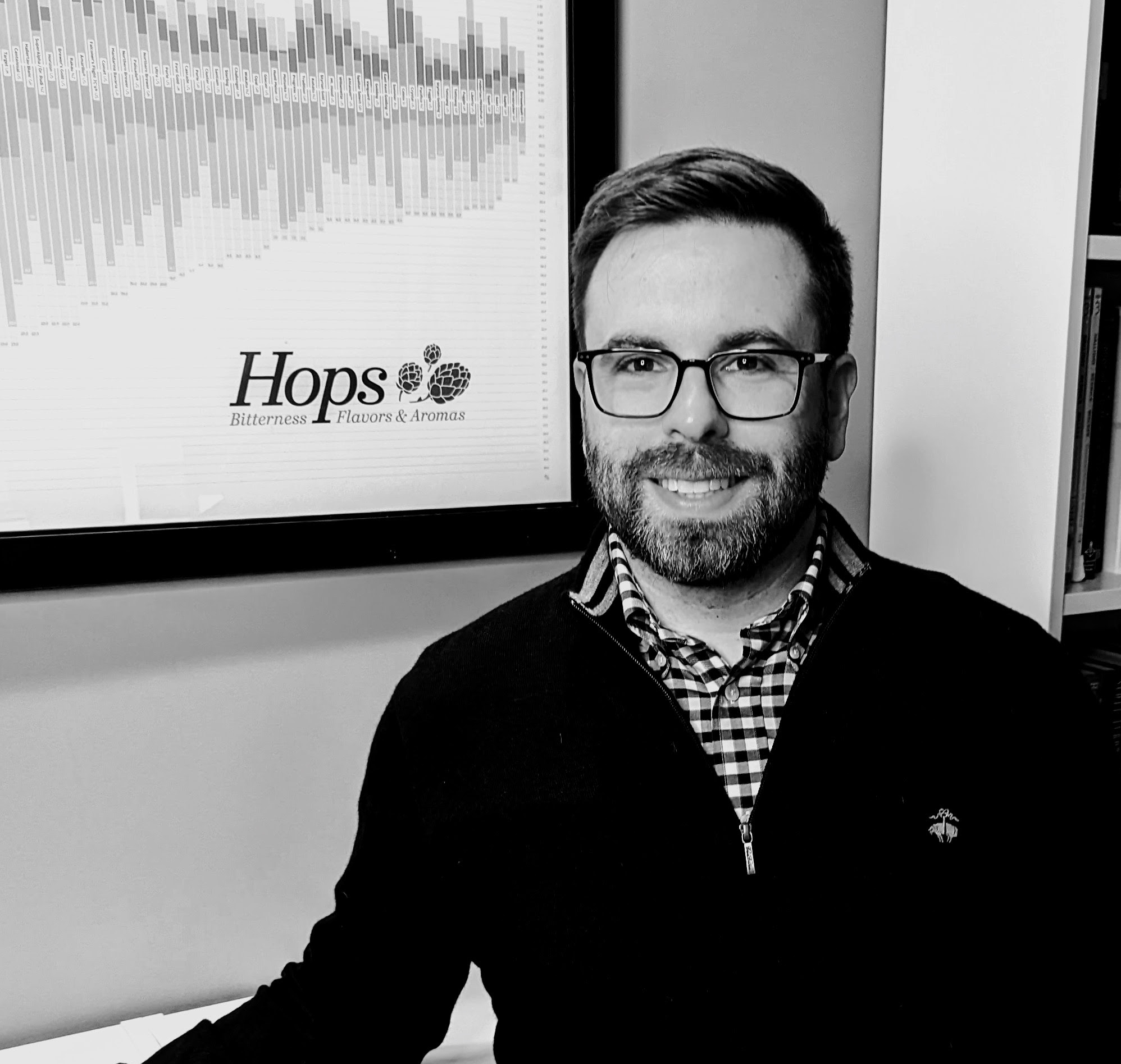The need to develop more sustainable food has steadily increased in importance over the past several years. One of the United Nation’s 17 Sustainable Development Goals is “Zero Hunger,” which the organization has determined can only be achieved through widespread food security, improved nutrition, and the promotion of sustainable food. As the world population increases and climate change threatens to impact crop yields and other aspects of food production, the urgency to develop a steady supply of sustainable food continues to grow.
Improving food processing is one piece of the sustainable food puzzle. Molecular modeling technology can be leveraged to optimize the food formulation process, improve food cycle sustainability, and innovate food processing systems. Computational tools can help meet sustainable food demands faster and at less cost than traditional methods.
Schrödinger scientist Jeffrey Sanders recently sat down (virtually) with Evan Flach at the 4th Food Innovation and Engineering (FOODIE) Conference that took place in December. Their conversation touched on how using modeling and simulation tools can help to more accurately predict food formulation on a large scale. Sanders explained the importance of food scientists thinking outside the box to innovate food reformulation with ingredients that are both appealing to consumers and cost-effective for industry. He specifically highlighted alternative protein sources and plant-based meats, an emerging industry that is likely to grow dramatically in the coming decades.
Modeling can also be a tool to better understand existing food formulations, Sanders explained. With physics-based simulations, food scientists can get a full picture of formulations—not just a few ingredients—and use that knowledge to innovate in ways that meet their customers’ needs.
Click on the link below to read the full interview.









